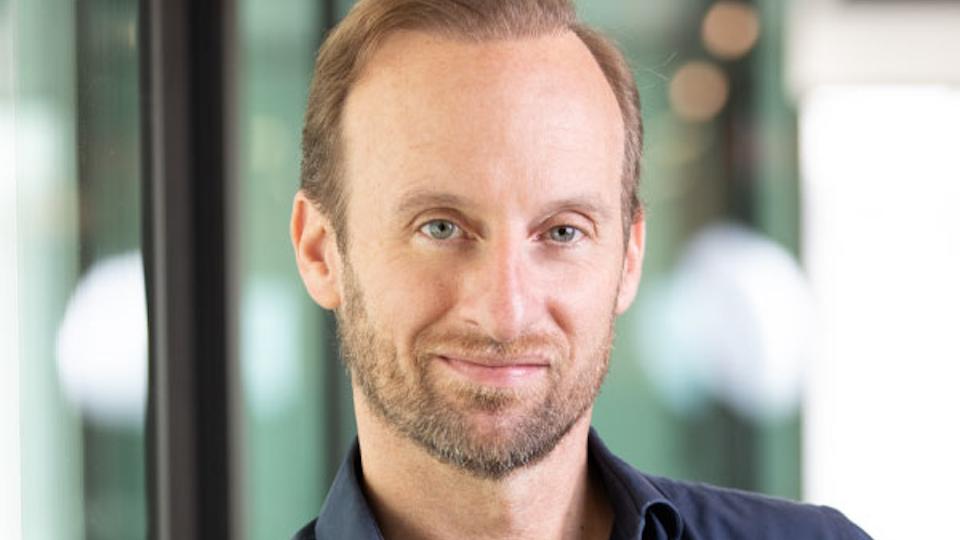Novartis digs deeper in radiopharma with $1.75bn Mariana buy

Novartis has struck another deal to strengthen its position in radiopharmaceuticals, agreeing to pay $1 billion upfront for radioligand therapy (RLT) developer Mariana Oncology.
The deal also includes up to $750 million in future milestone payments – the total value is pretty impressive, considering Mariana’s RLT candidates are all still in pre-clinical development – but is yet more evidence of Novartis’ determination to become the leading player in the category.
The pharma group said buying Mariana would expand its pipeline with several programmes – headed by an RLT for small cell lung cancer (SCLC) called MC-339 – and also bolster its R&D and clinical supply capabilities in radiopharma.
Novartis has been growing its position in the sector mainly by acquisition, starting with its $3.9 billion takeover of Advanced Accelerator Applications in 2017, which gave it Lutathera (lutetium [177Lu] oxodotreotide) for gastroenteropancreatic neuroendocrine tumours (GEP-NETs).
That was followed in 2019 by a $2.1 billion purchase of Endocyte and its prostate cancer RLT Pluvicto (lutetium [lu177] vipivotide tetraxetan), which made sales of almost $1 billion in 2023 and, according to Novartis, could become a $2 billion-a-year product with extensions to its label.
Fast forward another two years, and the company added to its RLT pipeline via licensing deals with Artios Pharma and iTheranostics, while just this week it paid $180 million to PeptiDream to partner on the development of peptide-drug conjugate (PDCs) that will be used to target RLTs to tumour sites. The latter deal includes milestone payments of up to $2.7 billion.
Mariana has developed an RLT platform that spans targeting ligands that it says can penetrate more deeply and evenly into tumours and are rapidly cleared from the body to reduce toxicity, as well as alpha and beta particle-emitting payloads.
Its lead projects are peptide-based ligands joined to alpha-emitting actinium agents that offer more limited penetrating power, reducing any off-target side effects, and may also be less prone to the development of treatment resistance because they introduce breaks across both strands of DNA.
The Watertown, Massachusetts biotech was founded in 2021 by Atlas Venture, Access Biotechnology, and RA Capital Management, and grown in the latter’s RAVen incubator. It is the first acquisition of a company from that hub, and has raised $75 million in a Series A in 2021 and another $175 million in a second round that closed last September.
Founder and chief executive Simon Read said that Novartis is a leader in the commercialisation of radiopharma agents and “together, we offer a compelling combination of capabilities.”













